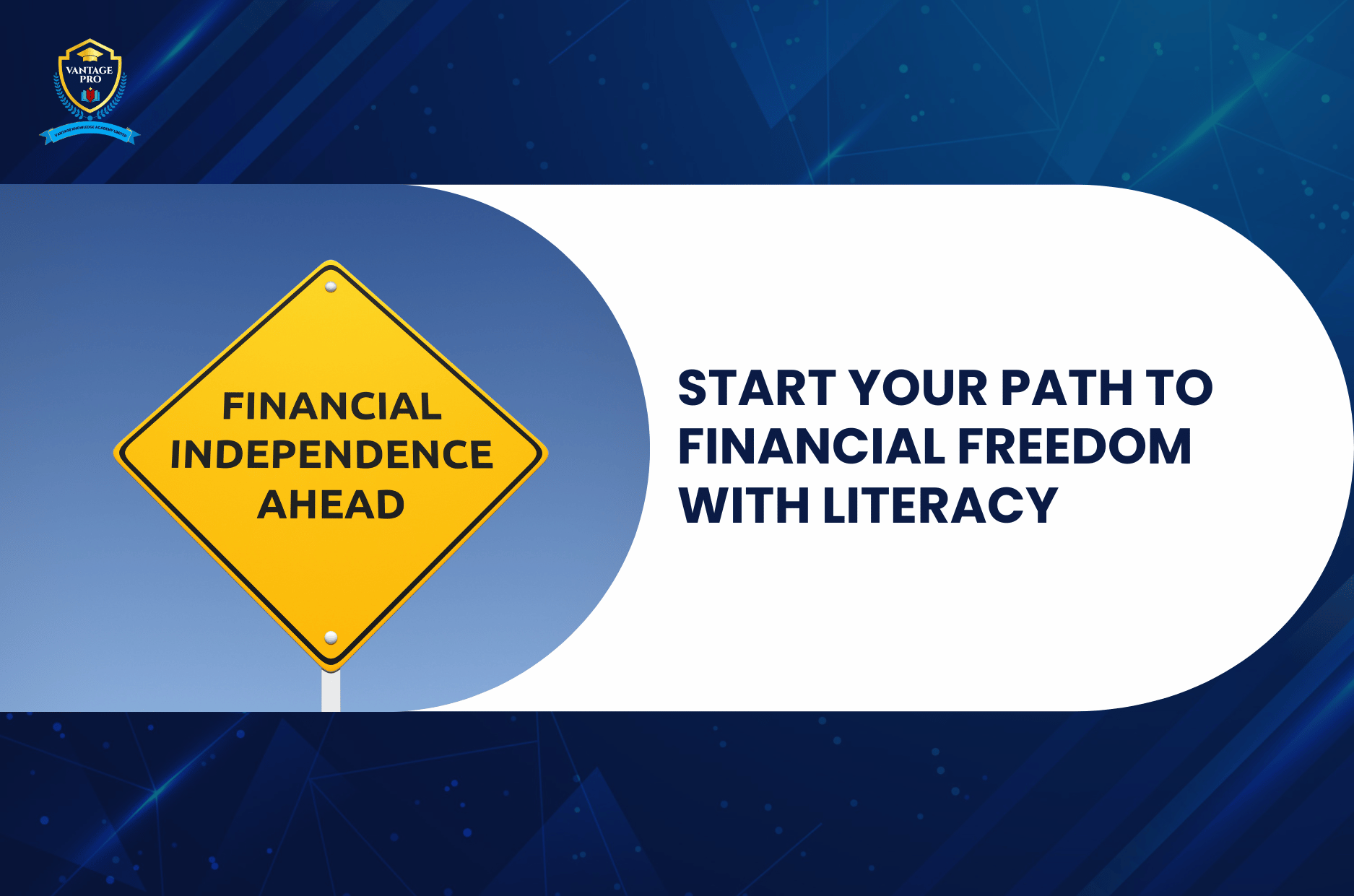Enquire Form
-
Courses
- Short term Courses
- Bachelors Degree
- Masters Degree
- Professional Certification
Become An Instructor
 (1920 x 500 px) (1).png)
Blog Detail

In today's rapidly changing world, teaching children about money management and financial responsibility is more crucial than ever. As parents and educators, it's our responsibility to equip the next generation with the skills they need to make informed decisions and build a secure financial future. That's where financial literacy for kids courses comes into play. Let's delve into why these courses are essential and how they can empower children for life.
WHY IS FINANCIAL LITERACY FOR KIDS IMPORTANT?
Financial literacy is the foundation of sound money management skills, and instilling these principles early can set children up for success later in life. Here's why it's crucial:
- Early Habit Formation: Childhood is the ideal time to establish positive financial habits. By introducing concepts like budgeting, saving, and smart spending early on, children develop a solid foundation for managing money responsibly.
- Empowerment and Independence: Financial literacy empowers children to take control of their financial futures. By understanding the value of money and how it works, they gain confidence in making financial decisions independently.
- Preventing Financial Mistakes: Lack of financial knowledge can lead to costly mistakes later in life. Teaching children about concepts like debt, interest, and investing helps them avoid common pitfalls and make informed choices.
- Preparing for Adulthood: As children grow into adults, they'll face numerous financial decisions, from managing student loans to buying a home. Financial literacy for kids courses equips them with the skills and knowledge they need to navigate these challenges successfully.
WHAT DO FINANCIAL LITERACY FOR KIDS COURSES TEACH?
Financial literacy courses for kids cover a wide range of topics tailored to their age and developmental stage. Some key concepts include:
- Money Basics: Teaching children about different forms of money, such as coins, bills, and electronic payments, lays the groundwork for understanding financial transactions.
- Budgeting: Introducing the concept of budgeting teaches children how to allocate their money wisely, prioritize their spending, and set financial goals.
- Saving and Investing: Teaching children the importance of saving for the future and introducing basic investment concepts instills the value of long-term financial planning.
- Understanding Needs vs. Wants: Helping children distinguish between essential needs and discretionary wants fosters responsible spending habits and helps them prioritize their purchases.
- Entrepreneurship: Introducing children to the world of entrepreneurship and money-making opportunities encourages creativity, innovation, and an entrepreneurial mindset.
HOW CAN PARENTS AND EDUCATORS SUPPORT FINANCIAL LITERACY FOR KIDS?
Parents and educators play a crucial role in fostering financial literacy skills in children. Here are some ways to support their learning:
- Lead by Example: Children learn best by observing and emulating the behavior of adults around them. Modeling responsible money management habits sets a positive example for children to follow.
- Use Real-Life Examples: Incorporate real-life examples and experiences into financial lessons to make learning tangible and relevant to children's lives.
- Encourage Dialogue: Create an open and supportive environment where children feel comfortable asking questions and discussing money-related topics without judgment.
- Make Learning Fun: Incorporate games, activities, and interactive lessons to make learning about money enjoyable and engaging for children.
- Reinforce Learning: Consistently reinforce financial literacy concepts through regular practice and review, both at home and in the classroom.
In conclusion, financial literacy for kids courses play a vital role in equipping children with the knowledge, skills, and confidence they need to navigate the complex world of finance. By investing in their financial education early on, we empower the next generation to make informed decisions, achieve their goals, and build a brighter financial future for themselves and their communities.
















